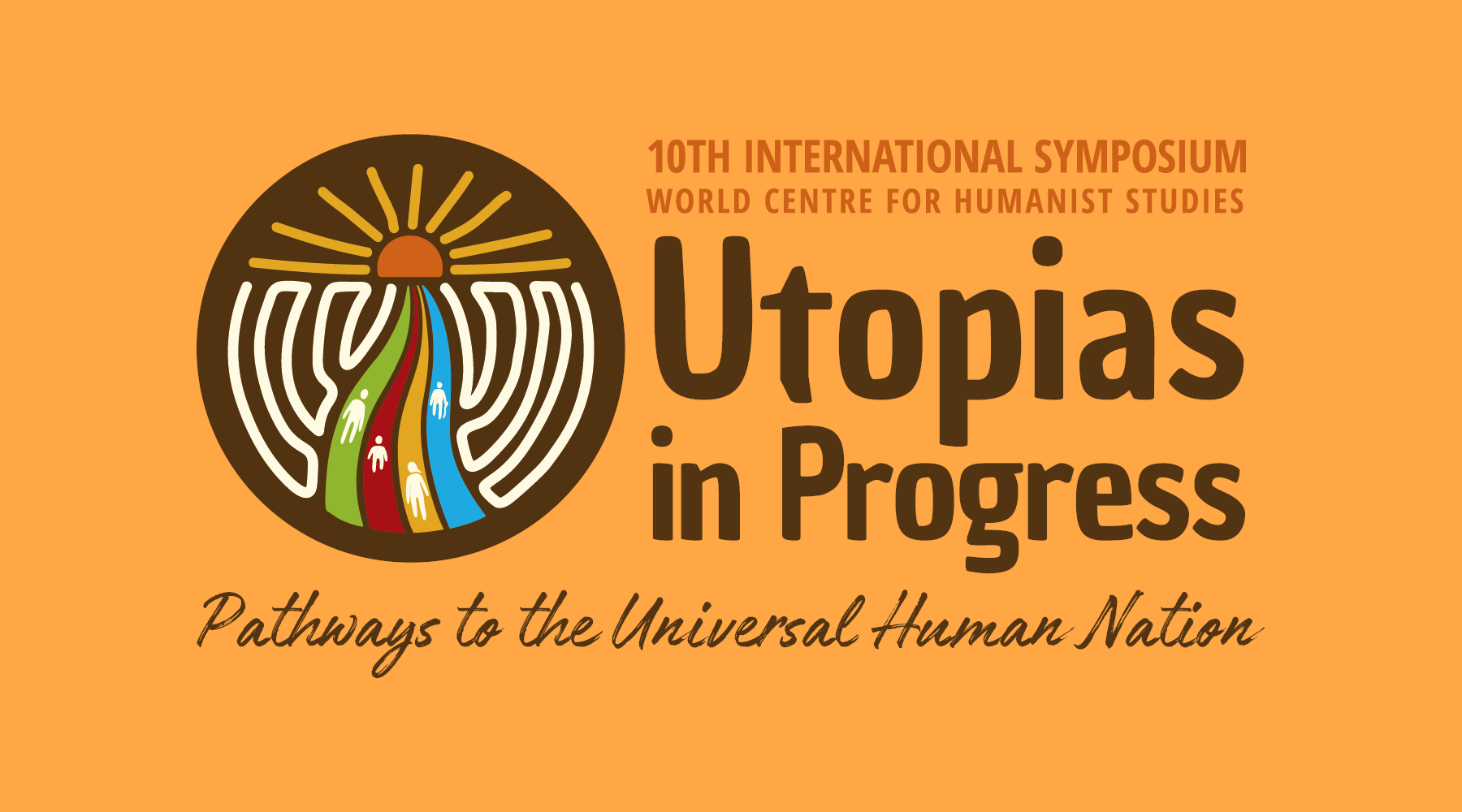Documents that are considered to be basic to the WCHS (organizational, etc.).
WCHS
Humanist Document
Statement of the Humanist Movement
Humanists are women and men of this century, of this time. They recognize the achievements of humanism throughout history, and find inspiration in the contributions of many cultures, not only those that today occupy center stage. They are also men and women who recognize that this century and this millennium are drawing to a close, and their project is a new world. Humanists feel that their history is very long and that their future will be even longer.
WCHS Organizational Implementation Material
Guidelines to form a Centre of Humanist Studies (CHS)
A CHS starts with an initial or promoter group, located in a local geographic ambit: city, neighborhood, university, etc.(1) The members of this team can contact the World Coordination Team (WCT) for specific inquiries in order to launch and develop it, and can also participate with an already functioning CHS (Centre of Humanist Studies), until it achieves the solidity to constitute an independent CHS, fulfilling its requirements.
Ethical Commitment
Ceremony of Ethical Commitment
Reader:
We live in a world in which many are still willing to sell their knowledge and learning for any purpose. This has led to our planet being covered with machines of death. Others have used their ingenuity to invent methods to manipulate, silence, and put to sleep the consciousness of the people.
But all around the world there are also men and women who use Science and Knowledge to overcome poverty, hunger, pain, and suffering, to give voice and confidence to the oppressed.
World Center of Humanist Studies (WCHS). General information
August 31st, 2009
Background and Conceptual Foundation
Background
The World Center for Humanist Studies is an organism that is part of the Humanist Movement. The Movement first appeared on the 4th of May 1969, with a public presentation by its founder, Silo, known as “the Healing of Suffering”, in an outpost in the Andes called Punta de Vacas, close to the border between Argentina and Chile.




